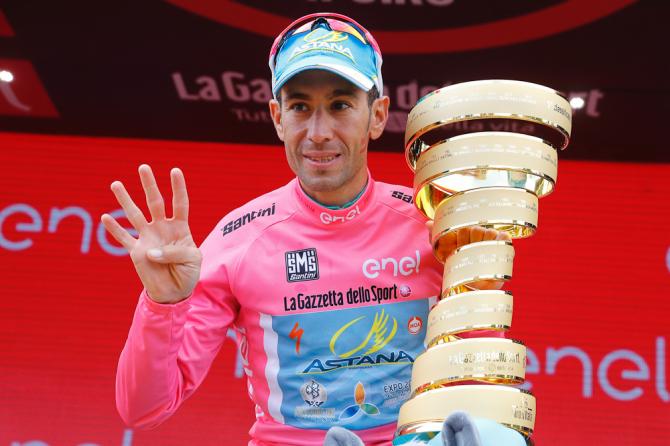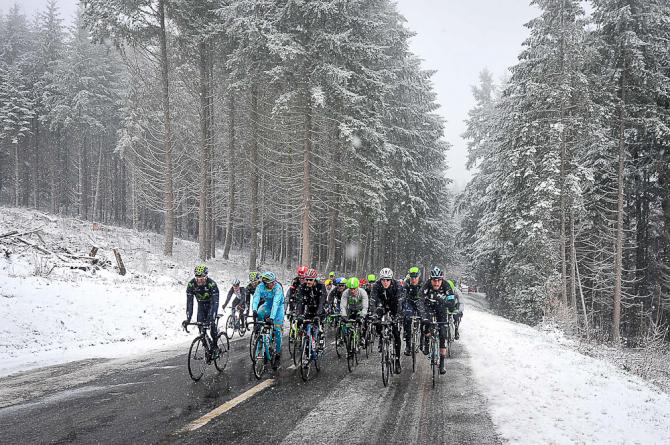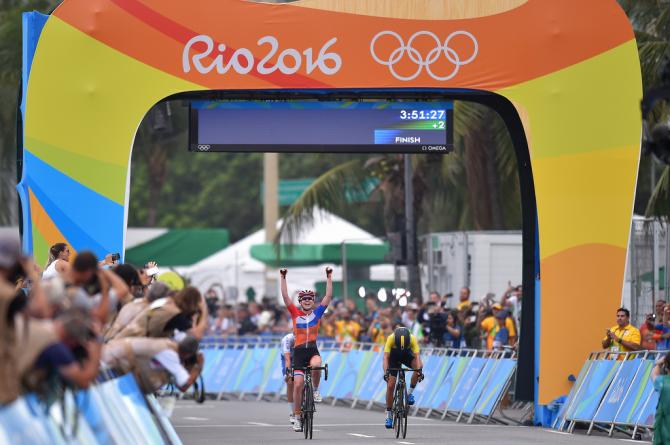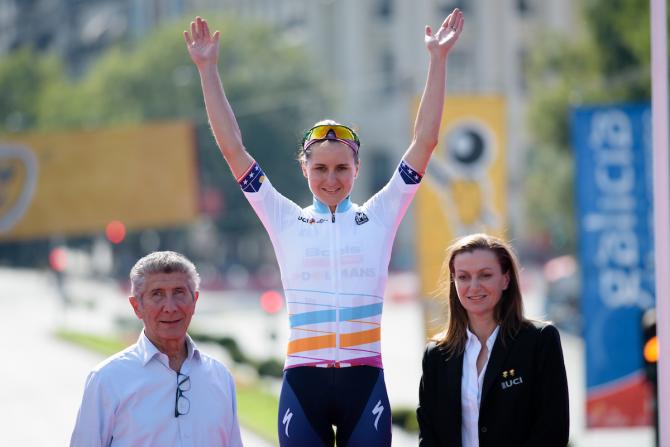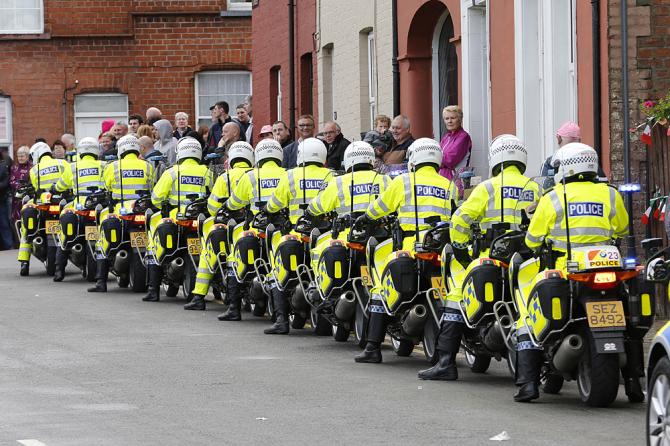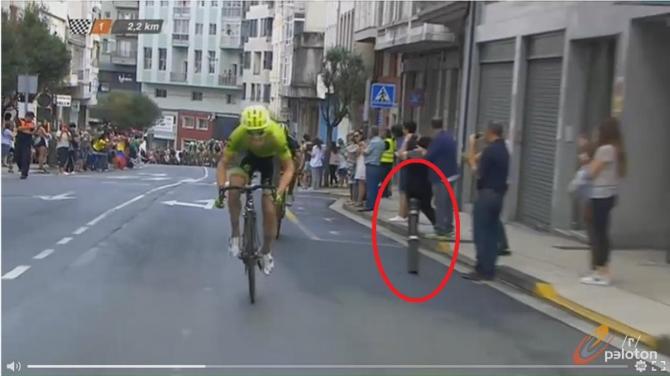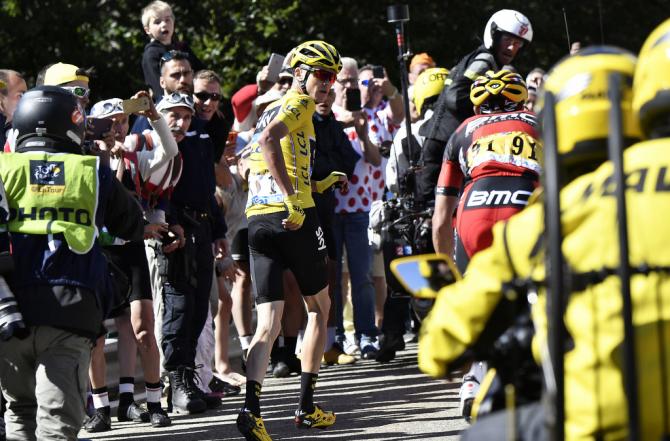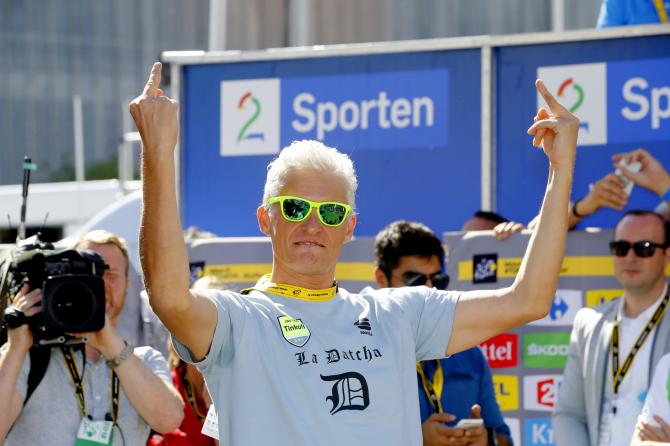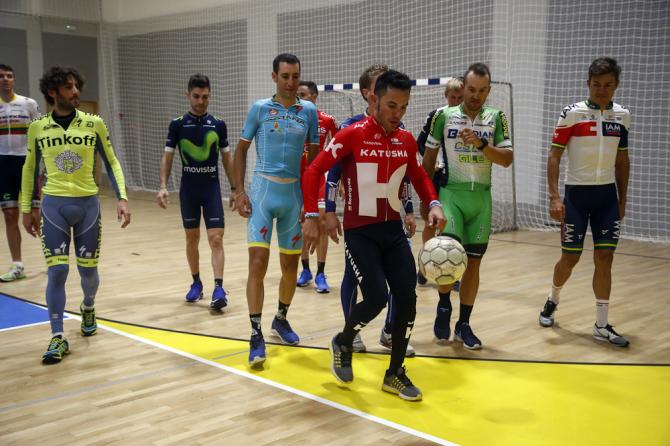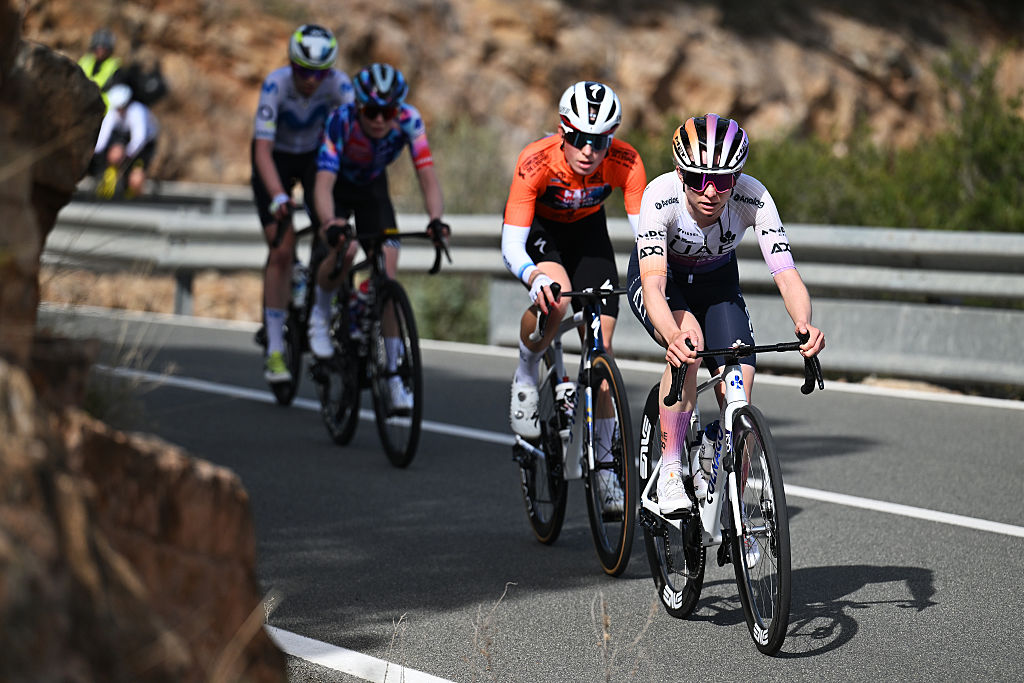5 successes and failures in pro cycling in 2016
From the Giro's last week to the WorldTour mayhem, the highs and lows of the year
The latest race content, interviews, features, reviews and expert buying guides, direct to your inbox!
You are now subscribed
Your newsletter sign-up was successful
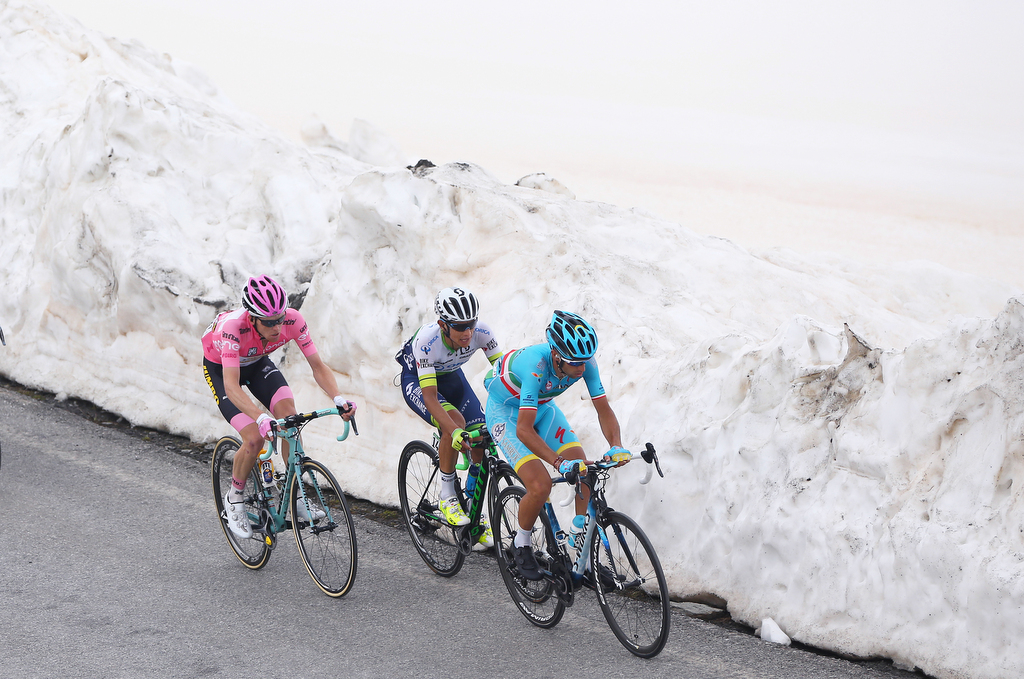
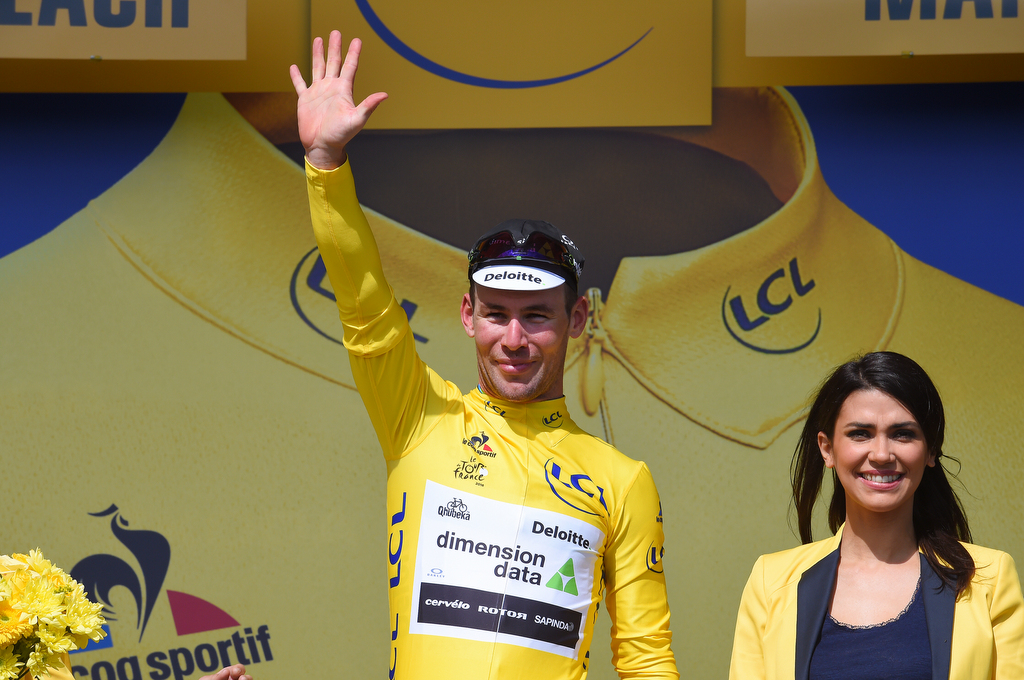
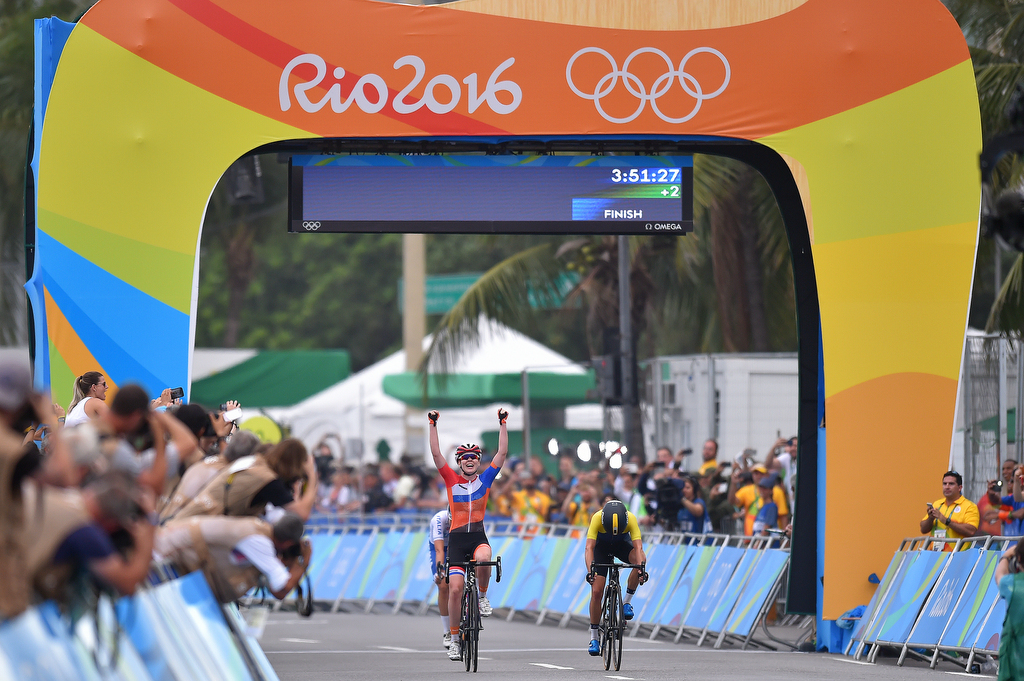
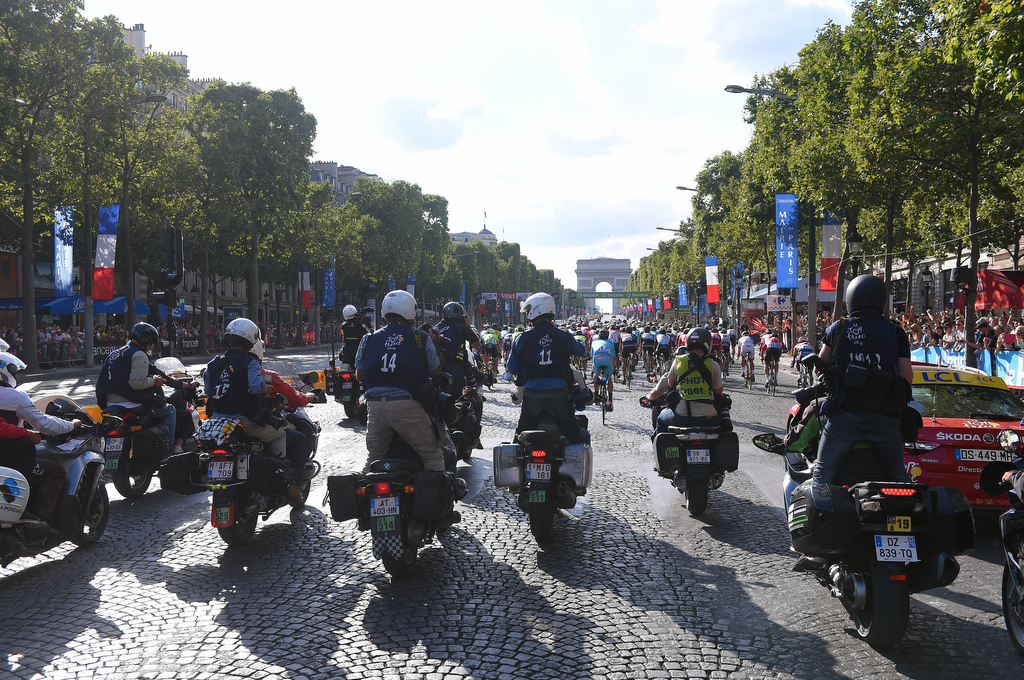
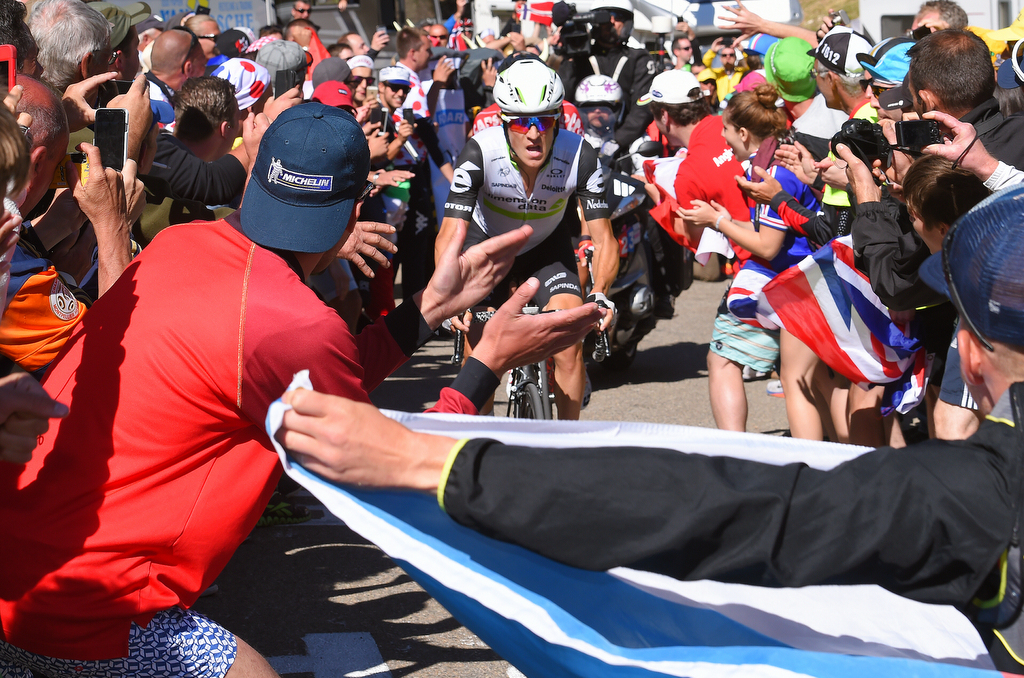
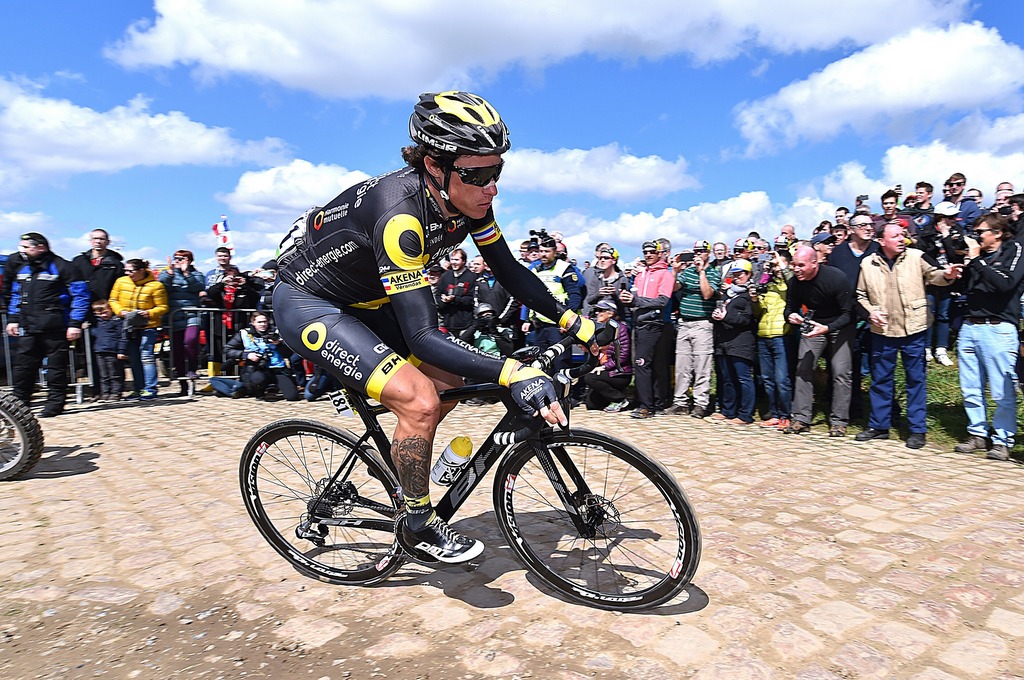

The end of the season is a good time to reflect on the events of the year and take away lessons from each success and each failure. Cyclingnews looks back on five of the year's shining stars, and five of its dimmest moments with the hope that 2017 will bring more greatness in the sport.
Success 1: Nibali's charge from behind Giro d'Italia win
The Giro d'Italia provided one of the most nail-biting, surprising and exciting final weeks of a Grand Tour in recent memory. On the stage after the rest day, Vincenzo Nibali cracked and it seemed his hopes of even finishing on the podium were over. Things might have been different had it not been for Steven Kruijswijk's unfortunate crash into a snowbank on the Cima Coppi on stage 19. Nibali took full advantage of the maglia rosa's desperate situation to move within striking distance of new leader Esteban Chaves, and then found enough in his reserves to dig the knife in on the next day's penultimate climb, the Coll della Lombarda. In the final week, Nibali went from 4:43 down to winning the Giro by 52 seconds. Now that's a come from behind victory.
Success 2: Extreme Weather Protocol
Up until this year, the race organisers were in charge of deciding whether or not races should go ahead in the face of threatening or dangerous weather conditions. Last year, the CPA riders association lobbied the UCI to institute a system whereby riders and teams would have a say in the decisions, and the Extreme Weather Protocol was born. It got off to a shaky start when it was tested this year in Almeria, and again in Paris-Nice, and riders ended up in dodgy conditions. But by the time Tirreno-Adriatico rolled around the riders won their fight to not have a repeat of last year. Stage 5 was cancelled but not everyone was thrilled. Eventual Giro winner Nibali threatened to boycott the race if this idea of stage cancellation would continue. He's probably happy that he didn't. Liège-Bastogne-Liège was shortened a bit, and Tour de Suisse and Tour de Romandie also had a shortened stages, but the outcomes were not much affected.
Success 3: Olympic Games cycling events
With all the fears about Zika virus, delayed construction, extreme weather conditions, and state-sponsored doping conspiracy, if the Olympic Games in Rio even went off it could be considered a success. But when the men's road race kicked off the Games with the enormous drama-filled finale on the Vista Chinesa, it became clear that the Brazilians had cooked up something special for the sports world. The road events were held on the most difficult and most beautiful courses ever seen, and the winners each had to have great teams, good climbing legs, and the wisdom to balance risk versus the return on the technical descent. The velodrome saw records fall in every event, and the spectator-friendly mountain bike course put the entire race on display for the first time. While the Games had their problems, the cycling events were a huge success.
Success 4: Inaugural Women's WorldTour
The inaugural UCI Women's WorldTour was a solid step forward from the World Cup series, and the calendar was more focused and uncluttered than the men's version. Though some teams could not make the trek around the world to races like the Tour of Chongming Island or even Tour of California, the majority of the races had stronger fields and produced a cohesive narrative for the year. The overall winner Megan Guarnier (Boels Dolmans) - winner of the Tour of Califorinia, Philly Classic and Giro d'Italia was a worthy overall champion. What was missing was consistent live streaming of the action, but the series is a solid platform for growth.
Success 5: Race organisers efforts to increase rider safety
Race organisers took more initiative to improve rider safety this year in addition to working within the bounds of the Extreme Weather Protocol. Following the death of Antoine Demoitie, and the likely permanent disability of Stig Broeckx, not to mention other less serious incidents with race motorbikes, a few proactive race organisers took some solid steps to improve safety for the peloton. At the Eneco Tour and Vuelta a Burgos, the organisers devised off-course routes for the motorbikes to overtake the peloton, an idea put forth by Alexander Kristoff. Driedaagse De Panne-Koksijde promoters limited the brigade to 25 motorcycles to control the situation better.
The UCI's idea was to add even more motorcycles to the mix to monitor the situation. Which leads us to the top failures of 2016.
The latest race content, interviews, features, reviews and expert buying guides, direct to your inbox!
Failure 1: UCI response to rider safety concerns
2016 clearly showed that no lessons were learned from the prior years' disasters in regard to rider safety. Motorbikes continued to wreak havoc on the peloton even after last year's multiple incidents, and another unprotected post in the finale of a Spanish race caused a serious crash, showing that there still is an unresolved deficiency in the UCI course inspections - which were made evident by the Pais Vasco debacle of 2015. The only difference was the response by the race organisers - an apology by the Vuelta a Espana and action taken by Belgian races above. The UCI needs to institute the changes recommended by the CPA that include course inspections and other requirements in order to protect the lives of the riders and staff members who travel in the mobile workplace that is the peloton.
Failure 2: Tour de France crowd control
The Tour de France organisers ASO have always had issues with spectators affecting the races - from souvenir musettes taking out Lance Armstrong to dogs and people stepping into the path of unsuspecting riders, hitting riders with cameras or 'selfie-sticks' - but the race has not seen anything like what happened on the Mont Ventoux in recent history.
When high winds forced the organisers to move the finish from the moonscape summit down to Chalet Reynard, the compressed crowd spilled into the roadway, and not even the TV motorbikes could open a path for the maillot jaune. The fans made plenty of room for Chris Froome once he started up the mountain on foot, however, the entire ridiculous spectacle could only be considered a success if judged on comedy value.
Failure 3: UCI's Disc brake "experiment"
The UCI decided to allow teams to pick their braking system in 2016 despite many objections and concerns over rider safety. The peloton became a mixed bag of rim- and disc-braking as several top riders eschewed the newly allowed disc brakes while some teams embraced them. Fran Ventoso asserted that a deep gash he sustained in a crash during Paris-Roubaix was caused by a disc brake, and, whether factual or not, the UCI abandoned the 'experiment' mid-season. The move forced entire teams to retool their fleets of bikes, not a simple or cheap task. With the mixed bag of brakes returning in 2017 one would hope the teams have learned from this failure and will keep a full arsenal of rim-brake frames on hand.
Failure 4: UCI's WorldTour reform effort
Despite its best efforts to institute reforms to the WorldTour aimed at modernising the model of the sport, the UCI failed to get buy-in on the concept from a key stakeholder, the Tour de France owners Amaury Sport Organisation (ASO). As the UCI pushed forward with changes such as longer licences for teams in order to provide more stability, the ASO held its ground on refusing to register its events on the WorldTour. They scored a victory when the UCI agreed to reduce the number of WorldTour teams over the next three years, but then a funny thing happened. Tour de France partner Dimension Data's sponsored team fell to the bottom of the rankings and looked to be on the chopping block for the coming WorldTour season. Oh, the irony. The UCI got its way, and parties agreed to have 18 teams in the WorldTour, if need be, next season.
The reforms also fell short of improving the economic situation for teams, and already we saw the exit of Oleg Tinkov in part due to the lack of rewards for teams. Two WorldTour teams vanished this season and another may be on its way out. Clearly the sponsorship model for cycling is not working, and the UCI's efforts to change it have not been successful at all.
Failure 5: UCI WorldTour points system-induced transfer mayhem
Further on from the WorldTour reform effort, the agreement with ASO to reduce the number of WorldTour teams in 2017 to 17 led to a massive transfer war as Bahrain-Merida, TJ Sport and Dimension Data fought out a behind-the-scenes game of musical chairs that left the African team standing. One of the key deals was the somewhat surprising acquisition of Joaquim Rodriguez by Bahrain-Merida, even though the Spaniard had already announced his retirement after the Olympic Games in August. And although he waffled a bit on whether he'd race or not, the Spaniard ultimately decided to take a spot in the team's technical staff. There's no rule that a rider actually has to race in order for his next year's team to count his UCI points toward its ranking, so fair enough. But the UCI's system of choosing who stays in the WorldTour adds an unnecessary level of uncertainty for teams who already struggle to retain sponsors.

Laura Weislo has been with Cyclingnews since 2006 after making a switch from a career in science. As Managing Editor, she coordinates coverage for North American events and global news. As former elite-level road racer who dabbled in cyclo-cross and track, Laura has a passion for all three disciplines. When not working she likes to go camping and explore lesser traveled roads, paths and gravel tracks. Laura specialises in covering doping, anti-doping, UCI governance and performing data analysis.
